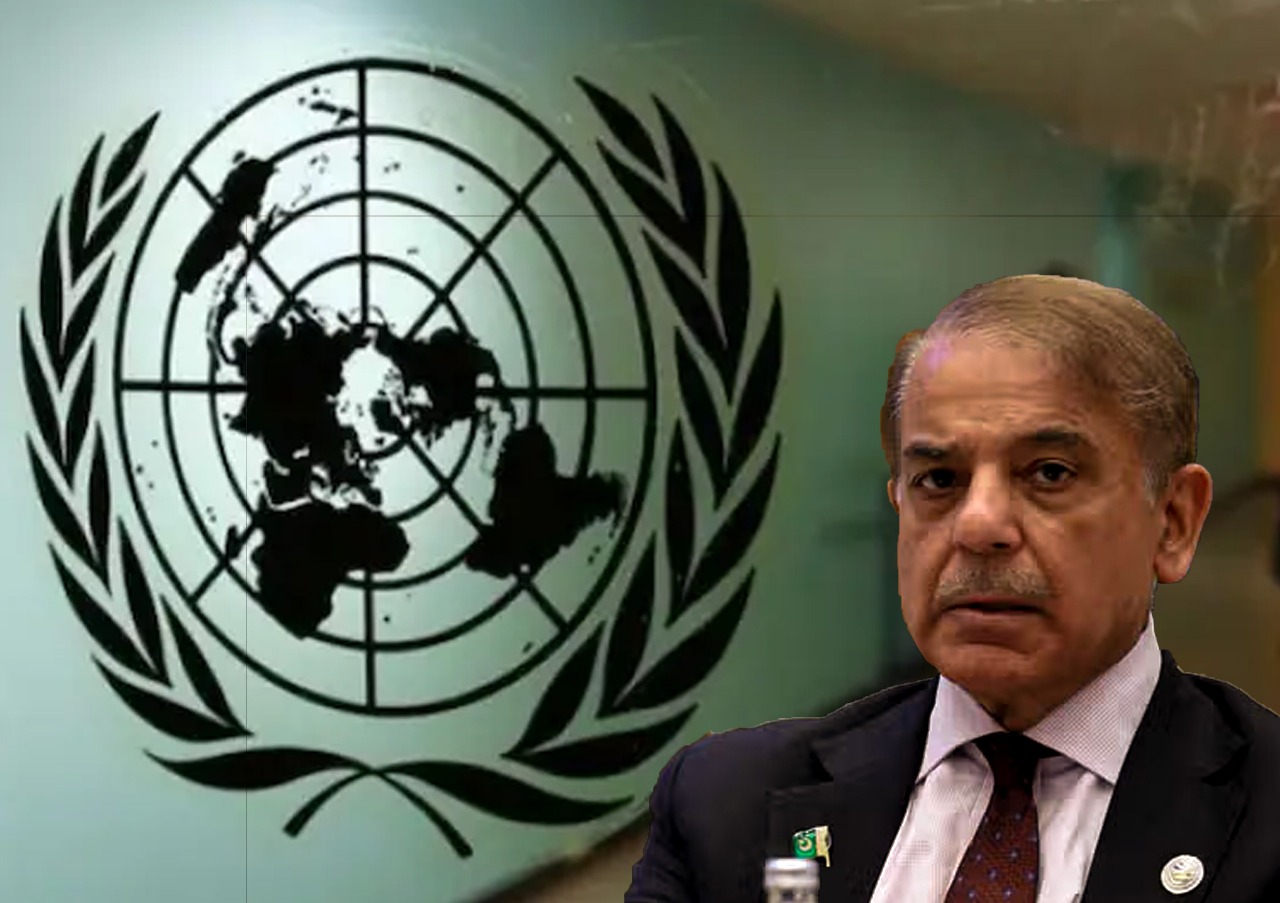
Pakistan is gearing up for one last diplomatic gambit before its UN Security Council presidency wraps up this month.According to multiple sources Islamabad is expected to invite an open discussion of unresolved international conflicts, a step that is widely regarded as another stab at getting the Kashmir problem out on the international front.
The discussion will take place on July 22 and the Deputy PM and Foreign Minister of Pakistan Ishaq Dar has flown to New York to preside over the discussion. The meeting is also likely to be briefed by the UN chief Antnio Guterres which will provide it extra credence.
But here's the catch, Pakistan won't dare mention Kashmir directly in any resolution. Why? Because they know it would face an instant veto. Instead, they're banking on a more subtle approach, hoping to slip the issue in through the back door.
This is standard operating procedure of the Pakistani diplomatic handbook as anyone who has seen it in action is aware. On numerous occasions, Islamabad has endeavored to internationalize the Kashmir problem even though the majority of the nations consider it to be a problem that should be resolved by India and Pakistan themselves.
"This will likely be a broad, conceptual resolution focused on general principles rather than specific issues, to avoid objections," says Syed Akbaruddin, who used to represent India at the UN. Translation: Pakistan will talk about peaceful dispute resolution in general terms, hoping everyone gets the hint about what they're really after.
The resolution will probably encourage countries to use Chapter VI of the UN Charter - the bit about mediation and arbitration. Sounds harmless enough, but the subtext is clear to anyone paying attention.
Pakistan faces a mathematical problem. Getting a Security Council resolution passed requires nine yes votes out of 15 members, plus no vetoes from the big five permanent members. Apart from China, which tends to back Pakistan, the other permanent members - US, UK, France, and Russia , all treat Kashmir as a bilateral matter.
That's a tough sell when you're trying to internationalize something most major powers think should stay between two neighbors.
The timing isn't accidental. Pakistan has squeezed maximum juice out of its rotating UNSC presidency, including closed-door sessions back in May after the Pahalgam terror attack. Now, with days left in their term, they're making one final push.
They've also planned another event promoting UN-OIC cooperation. The Organisation of Islamic Cooperation's 57 members have historically backed Pakistan on Kashmir, so it's another way to build narrative support.
Despite all the diplomatic maneuvering, the core dispute hasn't budged. Kashmir remains divided between India and Pakistan since 1947, with both countries claiming the entire territory. India insists it's an internal matter to be resolved bilaterally, while Pakistan continues seeking international mediation for what it calls unfinished partition business.
The global community has little appetite for getting involved in this decades-old dispute. While countries support peaceful resolution in principle, they won't impose solutions or take sides. With crises in Ukraine and the Middle East demanding attention, Kashmir struggles to make the priority list.
This latest move says more about Pakistan's diplomatic limitations than its strengths. Despite decades of trying to internationalize Kashmir, the issue remains where it started; between India and Pakistan. The world has largely moved on, even as both countries remain locked in their positions.
As Pakistan's UNSC presidency winds down, this debate might generate some headlines and provide talking points for supporters. But changing the fundamental dynamics around Kashmir? That's a much taller order.
The real question isn't whether Pakistan can get countries to discuss peaceful dispute resolution in general terms. It's whether this diplomatic maneuvering actually moves the needle on resolving one of the world's longest-running territorial disputes. History suggests the answer is probably no.